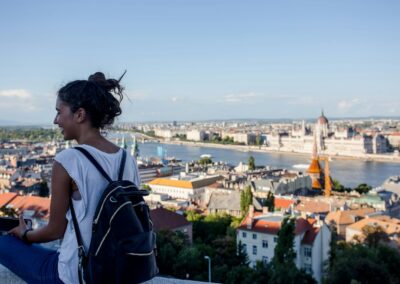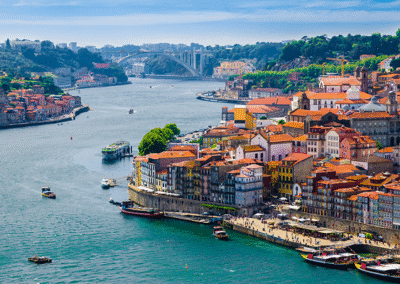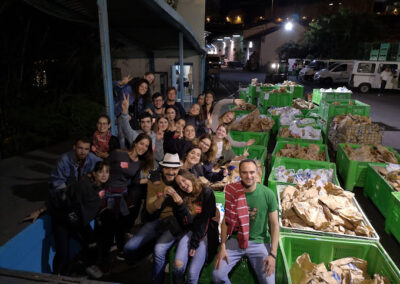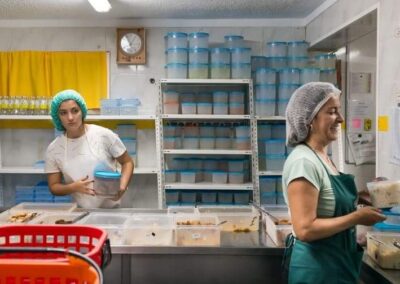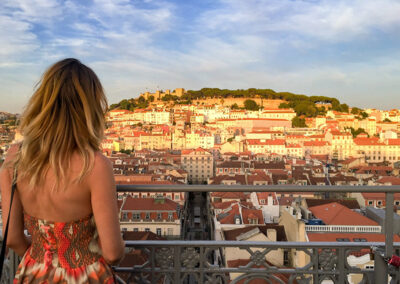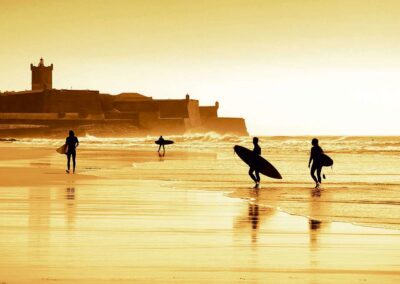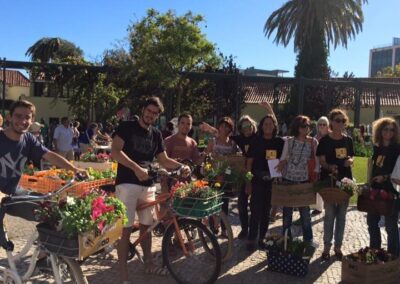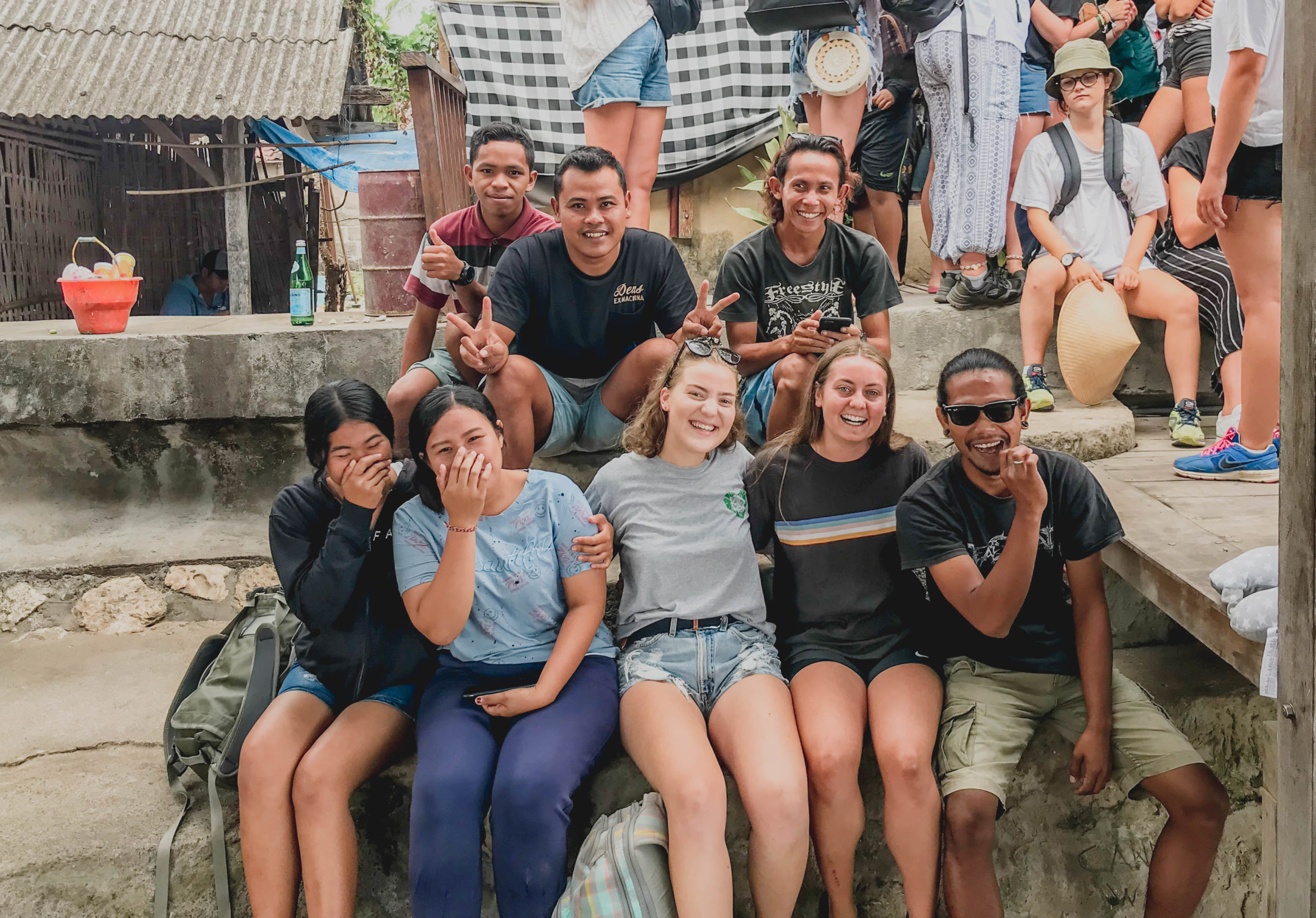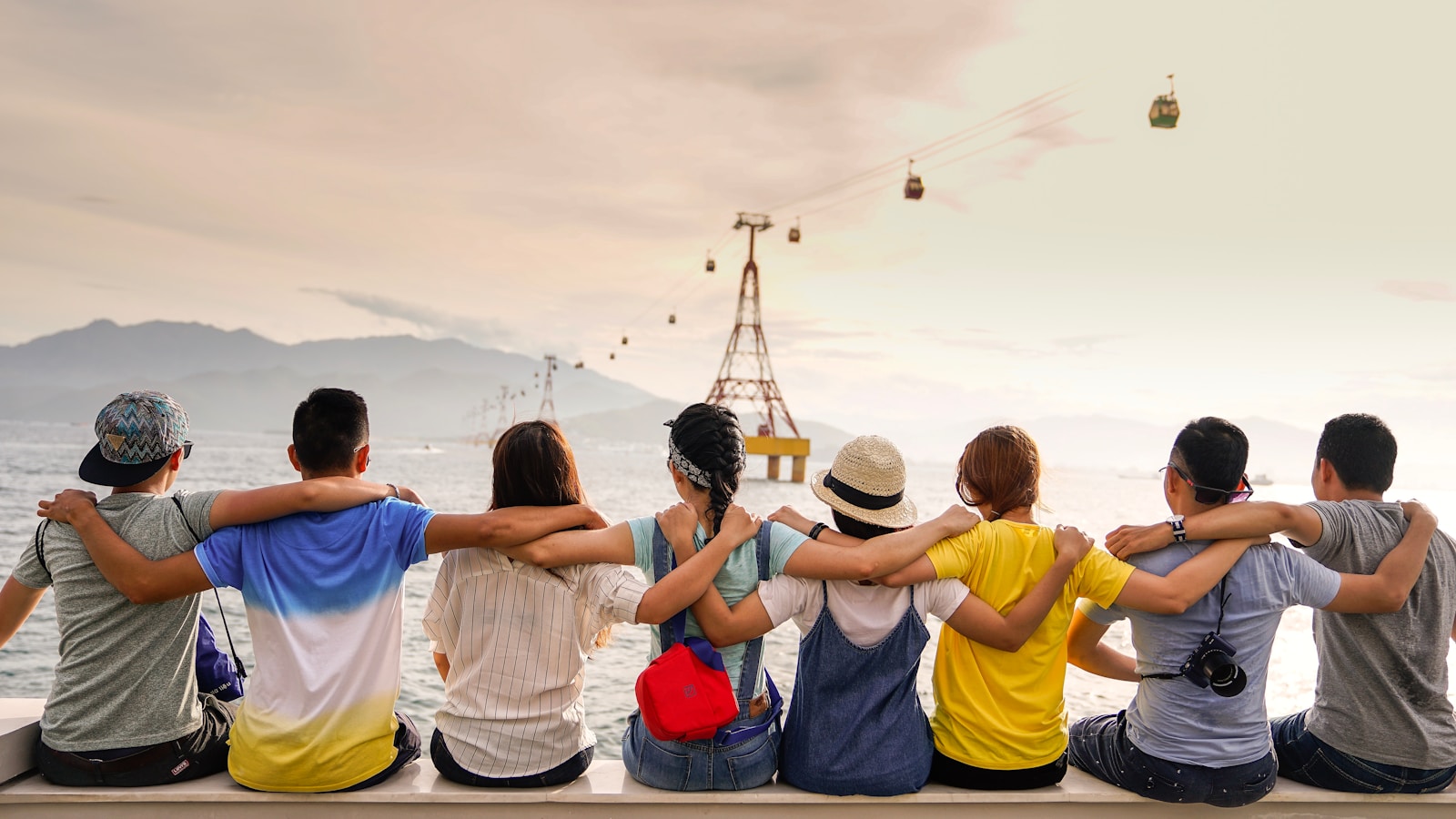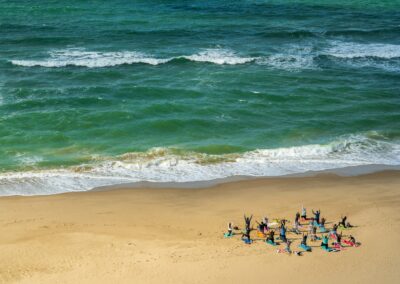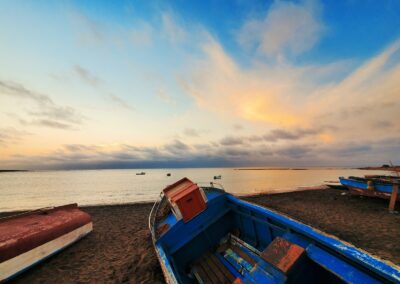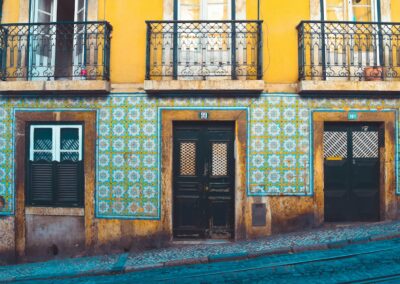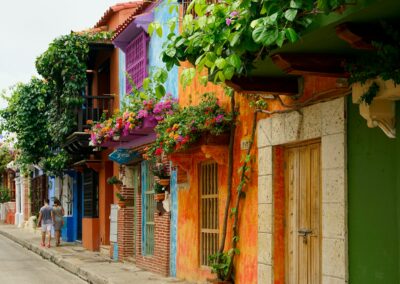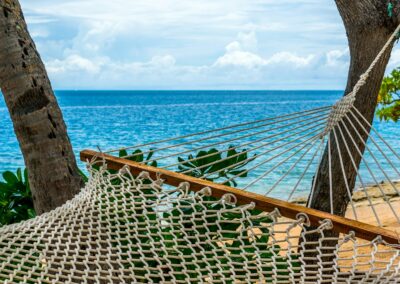What Can I Do in My Free Time?
In Lisbon, your free time is all about exploring colourful streets, riverside viewpoints and lively neighbourhoods. Visit historic sites like Belém Tower, check out local markets or ride the iconic yellow trams. Evenings are perfect for trying pastel de nata, listening to live Fado or watching the sunset from a rooftop. On weekends, head to nearby beaches, visit Sintra’s fairytale palaces or explore coastal towns like Cascais.
How Much Should I Budget Per Day?
Lisbon is affordable compared to other Western European capitals. Plan for €20–€30 per day to cover meals, local transport and extras. Meals at local cafés or pastelarias are budget-friendly and filling, and public transport like trams, buses and metro is cheap and reliable. Allow more if you plan on sightseeing or day trips.
When’s the Best Time to Travel to Portugal?
The best time to visit Lisbon is March to June and September to November, when it’s warm and sunny but not too crowded. July and August are hotter and busier with tourists. Winters are mild with fewer crowds, though there can be rain. Spring and autumn are perfect for exploring comfortably.
Food in Portugal
Portuguese food is simple, fresh and full of flavour. Expect lots of seafood, grilled meats, fresh bread and pastries. Specialities include bacalhau (salted cod), bifana (pork sandwich) and of course, pastel de nata. Vegetarians will find options in bigger restaurants and markets, though traditional dishes are often meat or fish based.
Getting Around in Portugal
Getting around Lisbon is easy and fun. You can walk to many sights or use the metro, trams and buses, which are cheap and efficient. For nearby beaches or towns, trains are reliable and scenic. Your local team can help you figure out the best routes or suggest day trip ideas.
Culture in Portugal
Portuguese culture is warm, laid-back and community-focused. People value long meals, music and local traditions like Fado. Lisbon mixes old and new, with historic neighbourhoods alongside modern art spaces and markets. Respect and friendliness go a long way, and locals appreciate when visitors learn a few Portuguese words.
Climate in Portugal
Lisbon has a mild, Mediterranean climate. Summers are warm and dry, while winters are mild with some rain. Spring and autumn are ideal, with sunny days and pleasant temperatures around 20–25°C. Pack light layers, comfortable shoes and sun protection, especially if you plan to explore on foot.

